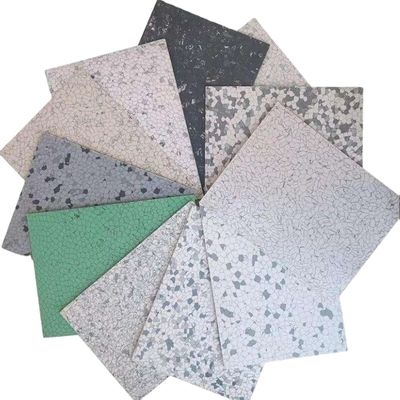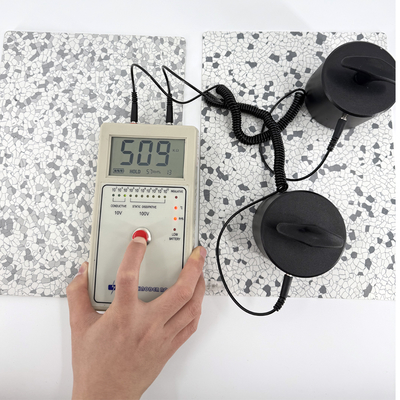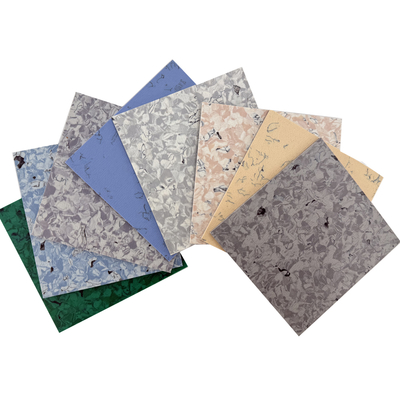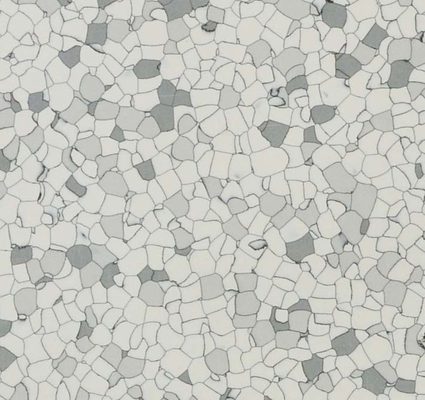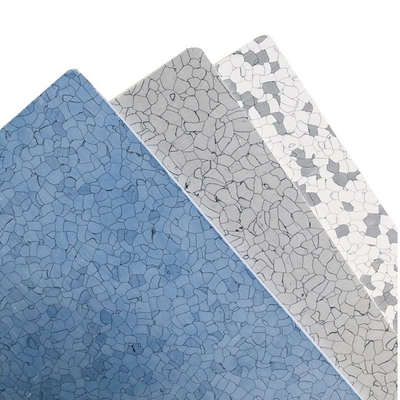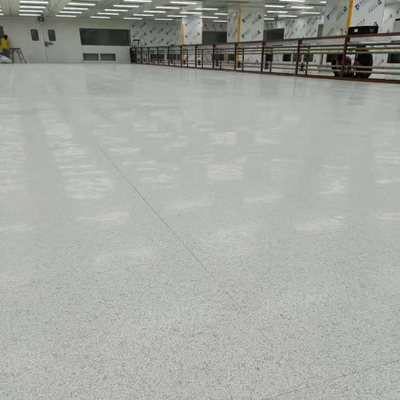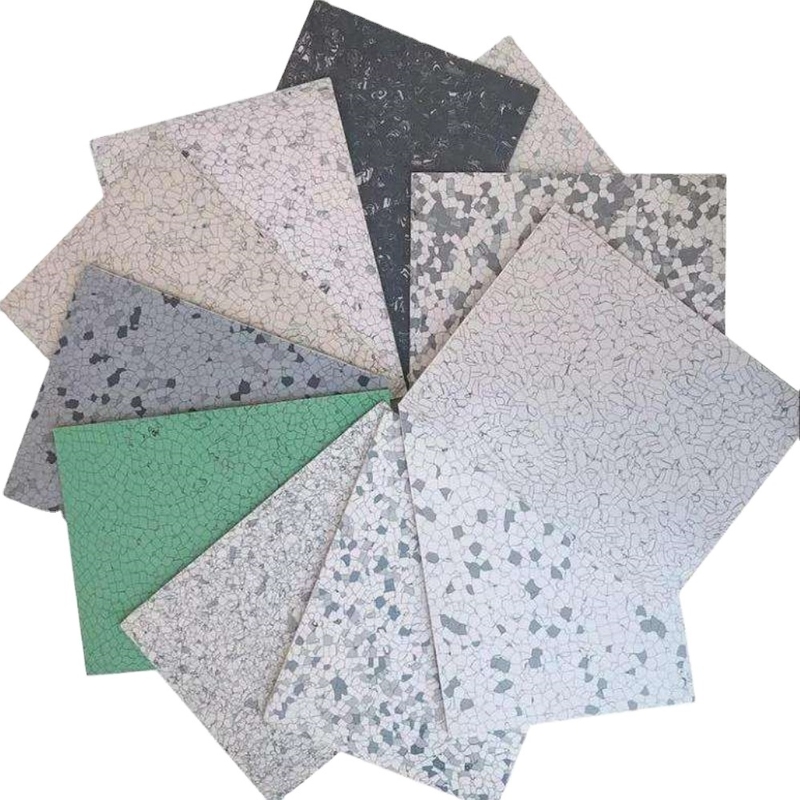Conductive PVC ESD Flooring Tile 10^4-10^6 Ohm Customizable
Product Details:
| Place of Origin: | Shanghai, China |
| Brand Name: | Herzesd |
| Model Number: | Conductive PVC Tile |
Payment & Shipping Terms:
| Minimum Order Quantity: | 100 |
|---|---|
| Price: | $3.75-6.80 |
|
Detail Information |
|||
| Material: | PVC | Surface Resistance: | 10^4~10^6 Ohm |
|---|---|---|---|
| Thickness: | 2mm/2.5mm/3mm | Conductive Elements: | Carbon, Graphite, Metal-coated Particles |
| Static Dissipative Range: | 10^6~10^9Ω | Installation Underlayment: | Conductive Copper Foils Or Carbon-loaded Adhesive |
| Grounding Method: | Copper Grounding Strips | Floor Structure: | Homogeneous |
| Electrical Conductivity: | Yes | Customizable Size: | Yes |
| Customizable Color: | Yes | Package Options: | Roll/Pieces |
| Indoor Usage: | Yes | ESD Protection: | Yes |
| Static Control: | Yes | ||
| Highlight: | conductive PVC ESD flooring tile,customizable ESD rubber mat,ESD flooring 10^4-10^6 ohm |
||
Product Description
Antistatic Conductive PVC Flooring Mat Vinyl Flooring Indoor Tile Anti-static PVC Floor ESD Tiles
Product Specifications
| Attribute | Value |
|---|---|
| Processing Service | Customized Color |
| Product Name | Conductive PVC Tile/ESD Sheet |
| Material | PVC |
| Size | Customized Accepted |
| Surface Resistance | Conductive tile 10^4~10^6 ohm |
| Thickness | 2mm/2.5mm/3mm |
| Usage | Indoor Floor |
| Application | Industry/Office/Hospital/Cleanroom |
| Feature | Conductive, Electric Dissipative |
| Package | Roll/Pieces |
| Color | Customized |
Product Description
ESD vinyl flooring is widely used in clean rooms, manufacturing & assembly workshops of electronic products, hospitals, data centers & computer rooms, and other areas that require an anti-static environment. There are two types of ESD vinyl flooring: ESD tile and ESD sheet. Both tile and sheet are homogeneous structures, with electronic resistance meeting both conductive (10^4-10^6Ω) and static-dissipative (10^6-10^9Ω) requirements.
How Static-Control Flooring Provides a Path to Ground
In the manufacturing process, ESD floor tiles are loaded with conductive elements, such as carbon, graphite or particles coated with metals, that provide electrical conductivity. When the floor becomes electrically charged, these conductive elements act as an electrical chain, conducting electricity from the surface through its entire thickness.
Static-control flooring is installed over an electrically conductive underlayment, such as conductive copper foils or carbon-loaded adhesive. The underlayment forms a conductive ground plane that unifies all contiguously-installed tiles in the room.
Copper grounding strips, attached to the underlayment, are connected to either an electrical outlet or an earth ground such as a steel I-beam or grounding rod. This electrical connection allows static to complete its circuit and flow safely to ground.
The static generated when people walk on the ESD floor flows at a controlled rate through the conductive elements in the floor, across the underlayment, to the copper strips, to ground. Instead of remaining on the floor's surface or moving through humans to whatever they touch, static is drawn downward, toward ground, where it can no longer cause damage.
Frequently Asked Questions
1. Why is ESD (Electrostatic Discharge) a problem?
Electronic components contain microelectronic parts that are highly sensitive to minute changes in electrical current. They can be damaged by a static discharge as low as 20 volts - well below the human threshold for perception (3,500 volts). This can compromise or destroy data in sensitive equipment used in hospitals, data centers, and manufacturing facilities.
Electronic components contain microelectronic parts that are highly sensitive to minute changes in electrical current. They can be damaged by a static discharge as low as 20 volts - well below the human threshold for perception (3,500 volts). This can compromise or destroy data in sensitive equipment used in hospitals, data centers, and manufacturing facilities.
2. Why is static-control flooring needed?
When we walk on certain floors, friction generates a static charge that stays on our body until we touch something, causing an electrostatic discharge (ESD). In workplaces with sensitive electronics, this discharge can damage components. Static-protective flooring is essential for preventing these damaging ESD events.
When we walk on certain floors, friction generates a static charge that stays on our body until we touch something, causing an electrostatic discharge (ESD). In workplaces with sensitive electronics, this discharge can damage components. Static-protective flooring is essential for preventing these damaging ESD events.
Want to Know more details about this product



